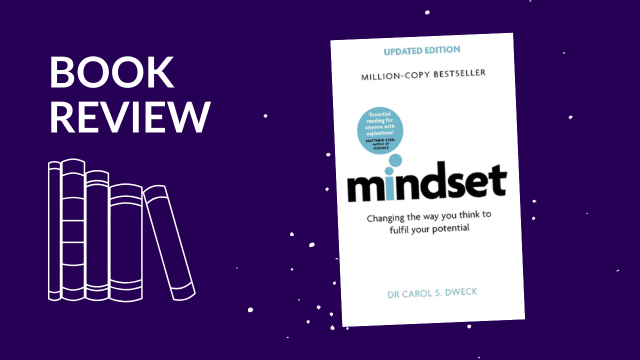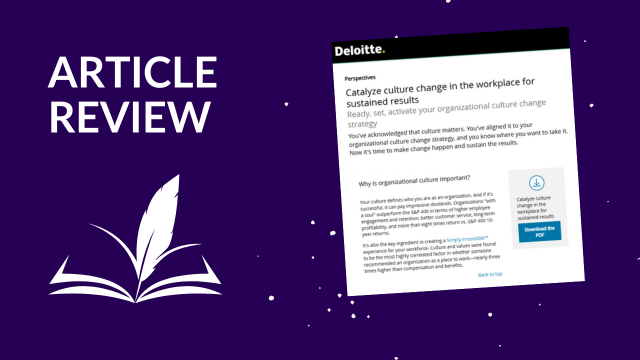Your sponsor seems to do it with some regularity. He shoots the messenger. Now you have a message to deliver, and it isn’t good news. Some significant risks have arisen with the change initiative you are supporting. Now what?
In the ideal, you and your sponsor have an agreement in place that addresses how and when you deliver bad news. The more likely scenario is that you have not contracted about your working relationship and in your organization the culture fosters trying to fix problems every way you can before bringing them to the sponsor’s attention. So, you keep it a secret while you try to come up with a way to make things better.
Aside from all of the other risks associated with the practice of ‘don’t tell the boss bad news,’ there are mental costs that you pay when you keep this (or any other) secret. In What Keeping Secrets Does to Your Brain, Forbes author Christine Comaford, makes the case that keeping secrets damages your well-being as well as your focus and decision-making. She explains it this way.
- “Your amygdala is on overdrive (irritability, quick to drop into fight/flight/freeze),
- Your hippocampus is compromised due to the stress of excessive cortisol which then cause excessive cytokines, so learning, memory, and immune system are compromised,
- And last your pre-frontal cortex is likely offline a great deal since you’re in Critter State so your ability to communicate, collaborate, innovate–basically be your personal best–is down the tubes.”
And note that this is you, all of you, everywhere. This is not just you at work.
Comaford’s recommendation to help reduce the impact of keeping a secret is to share your secret with someone whom you trust. Even better, find or help to build an environment and working relationships where the need for secrets is minimal. Not only will your organization be healthier for it. So will you.







